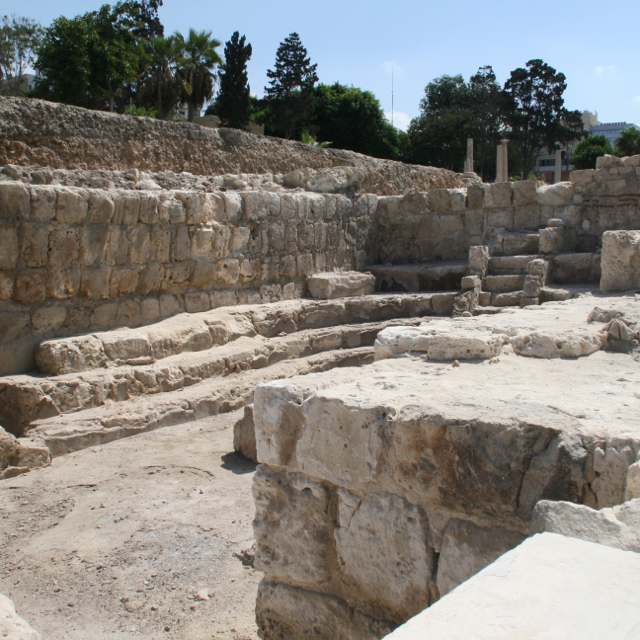Introduction to Digital Humanities, 2020
An introduction to digital and computational methods to investigate Humanities questions, digital publication of Humanities research, and critical interrogation of the role of technology in society. Spring 2020. Cross-listed Women's & Gender Studies/History of Science/History/Library Sciences.
View details »
Cultural Heritage Data and Social Engagement
Explores how digital media has changed our relationships with cultural heritage – our histories, literatures, artifacts — and what it means to treat cultural heritage as “data” in the digital public sphere.
View details »
Courses at University of the Pacific 2013-17
Introduction to Digital Humanities 2017
An introduction to digital and computational methods to investigate Humanities questions, digital publication of Humanities research, and critical interrogation of the role of technology in society. Fall 2017. Cross-listed Religious Studies/English/MediaX.
View details »
Christian Tradition, 2017
Explores history, literature, and culture of Christianity, with a focus in early Christianity and Christianity in the American West. Fall 2017.
View details »
Religion of the Pharaohs
Examines the religious beliefs and practices of ancient Egyptians as well as the repreesentation of ancient Egypt in popular culture. Spring 2016.
View details »
Christian Tradition. 2016
Explores history, literature, and culture of Christianity, with a focus in early Christianity. Spring 2016.
View details »
Introduction to New Testament
An introduction to the history and literature of Christian origins, with particular attention to its Jewish and Greco-Roman origins. Fall 2015 version.
View details »
Introduction to Digital Humanities
An introduction to digital and computational methods to investigate Humanities questions, digital publication of Humanities research, and critical interrogation of the role of technology in society. Fall 2015.
View details »
Pacific Seminar 1
The first-year seminar at the University of the Pacific, with a common syllabus across all sections plus customized assignments from individual faculty. My section includes blogging and using digital tools, such as Zotero.
View details »
Christian Tradition 2013
Explores history, literature, and culture of Christianity, with a focus in early Christianity. Spring 2016.
View details »
Women and Christianity
Examines women in Christian history and literature as well as the construction of ideal models of womanhood and gender roles in Christian traditions.
View details »
The Deep Archive
Syllabi, descriptions, websites, and course evaluations for courses taught at Duke University (2000), Elon University (2001-2), Ithaca College (2002-4), Stanford University.
Courses: Religion of the Pharaohs, Egypt of the Pharaohs, Early Christianity, World Religions, Marriage and Sexuality in the New Testament, Paganism in the Roman Empire, and Race, Gender, and the Art of Survival.
Note: materials in these courses have been adapted from materials from Susan Harvey, Ann Burlein, and others mentioned on the course websites.
Material is not for commercial use.
View details »
